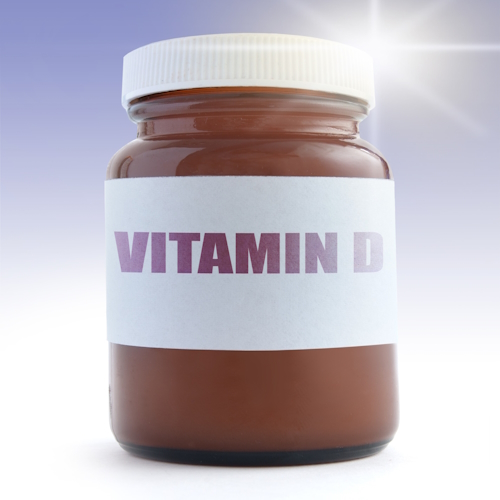Key points from article :
Vitamin D was once thought to be a cure for rickets and later linked to numerous health benefits like preventing cancer, heart disease, and dementia.
Studies suggest taking supplements could boost vitamin D levels and improve health, leading to hype and increased testing.
Large-scale trials found supplements didn't prevent most diseases, causing skepticism and questioning of the "deficiency" definition.
Current recommendations advise most people don't need supplements, but exceptions for infants, certain illnesses, and those with low sun exposure.
“Natural, evolutionarily appropriate way to get vitamin D is through synthesis in your skin,” - Anastassios Pittas, chief of the division of endocrinology, diabetes and metabolism at Tufts Medical Center.
More research is needed to understand vitamin D's role in specific conditions like diabetes and COVID-19.
The story of vitamin D highlights the complexity of scientific discovery and the need for humility in interpreting results.




